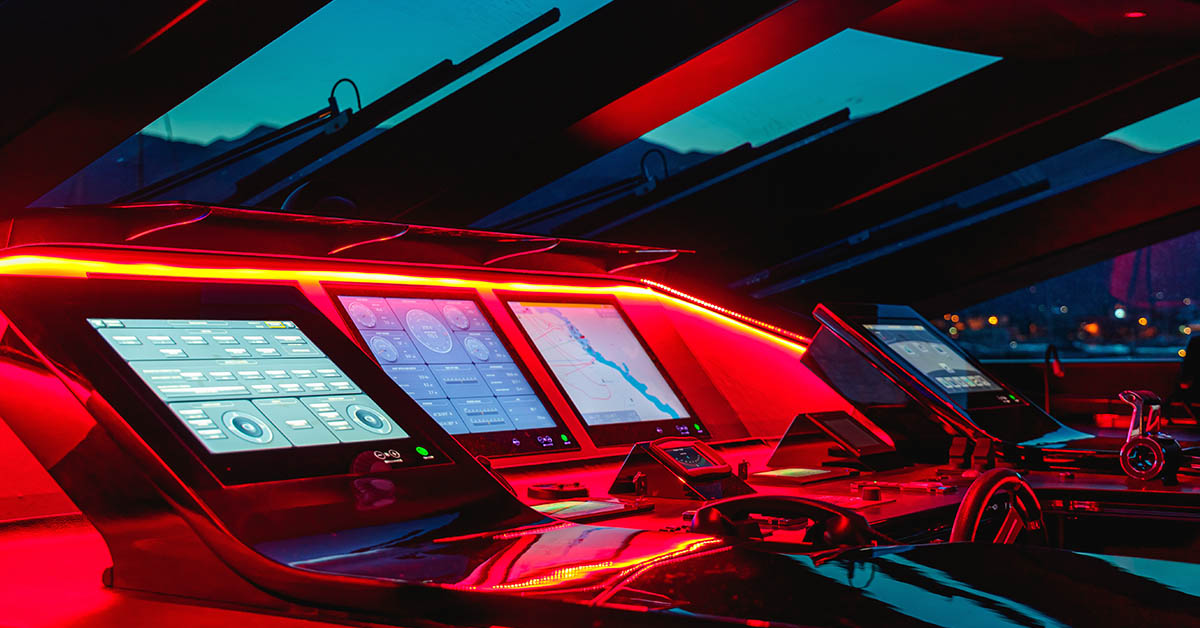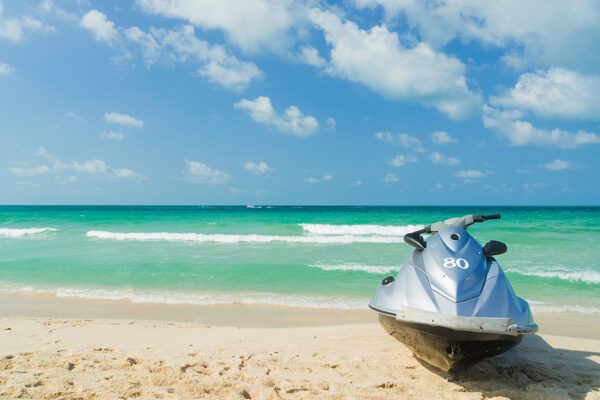
As self-driving cars and unmanned vehicles dominate headlines, why shouldn’t yachts take the wheel themselves? Is it a thing? Or are we just getting carried away? And what would it mean for the future of yachting?
We, as engineers, are already feeling the excitement tingling. But let’s dream for a moment – what benefits could it actually bring? Let’s dive into the possibilities of these floating robots.
The benefits of autonomous yachts
1. Supreme safety:
Autonomous yachts can drastically reduce human error – the primary cause of maritime accidents. We, as engineers, ensure a well-built ship, but navigating it remains human work. Equipped with advanced sensors, radar, and artificial intelligence, these vessels can detect and avoid obstacles, ensuring safer navigation even in challenging conditions.
2. Operational efficiency:
These smart systems can optimize routes, adjust speeds, and manage fuel consumption with unmatched precision. This means lower operational costs and a smaller environmental footprint – a win-win situation.
3. Personalization and convenience:
Advanced AI systems can learn the preferences of owners and guests, customizing everything from climate control to entertainment. Automated maintenance schedules and diagnostics ensure the yacht is always in top condition, enhancing the overall experience.
4. Exploration:
Autonomous yachts can explore remote and challenging areas with greater ease. Their ability to navigate autonomously allows for longer, more adventurous journeys, opening up new possibilities for yachting enthusiasts.
The challenges of autonomous yachts
1. Technological complexity:
Developing reliable autonomous systems for yachts is no easy feat. It requires seamless integration of AI, machine learning, and advanced sensors. Ensuring flawless communication and coordination between these systems is crucial for safe operation.
2. Regulatory hurdles:
The regulatory framework for autonomous maritime vessels is still in its infancy. Establishing international standards and guidelines for the operation of autonomous yachts is essential to address safety, liability, and insurance concerns. Navigating this legal landscape will be a significant challenge.
3. Cybersecurity threats:
Like all connected devices, autonomous yachts are vulnerable to cyberattacks. Protecting the vessel’s systems from hacking and ensuring the integrity of navigation and control systems is paramount. Robust cybersecurity measures are a must.
4. High costs:
The development and implementation of autonomous technology in yachts come with substantial costs. The initial investment for research, development, and installation of autonomous systems can be hefty. However, as technology advances and becomes more widespread, these costs are expected to decrease.
5. Public perception and acceptance:
Convincing yacht owners and enthusiasts to embrace autonomous technology may be a challenge. Concerns about safety, reliability, and the loss of the traditional yachting experience could slow adoption. Education and demonstrating the benefits will be key to gaining public trust and acceptance.
Feeling excited yet?
At some points, at HOFF, we see a beautiful collaboration between humans and technology. The future of autonomous yachts holds immense promise, with the potential to transform the yachting industry. Enhanced safety, operational efficiency, and personalized experiences are just a few of the benefits that self-sailing luxury yachts can offer. However, significant challenges must be addressed, including technological complexity, regulatory hurdles, cybersecurity threats, and high costs.
Collaboration is and stays crucial
As the industry navigates these challenges, collaboration between technology developers, regulatory bodies, and yacht manufacturers will be crucial. With continued innovation and investment, autonomous yachts could soon become a staple of the luxury yachting world, ushering in a new era of convenience, adventure, and sustainability.
Stay tuned as we continue to explore the exciting developments in yachting.






More articles